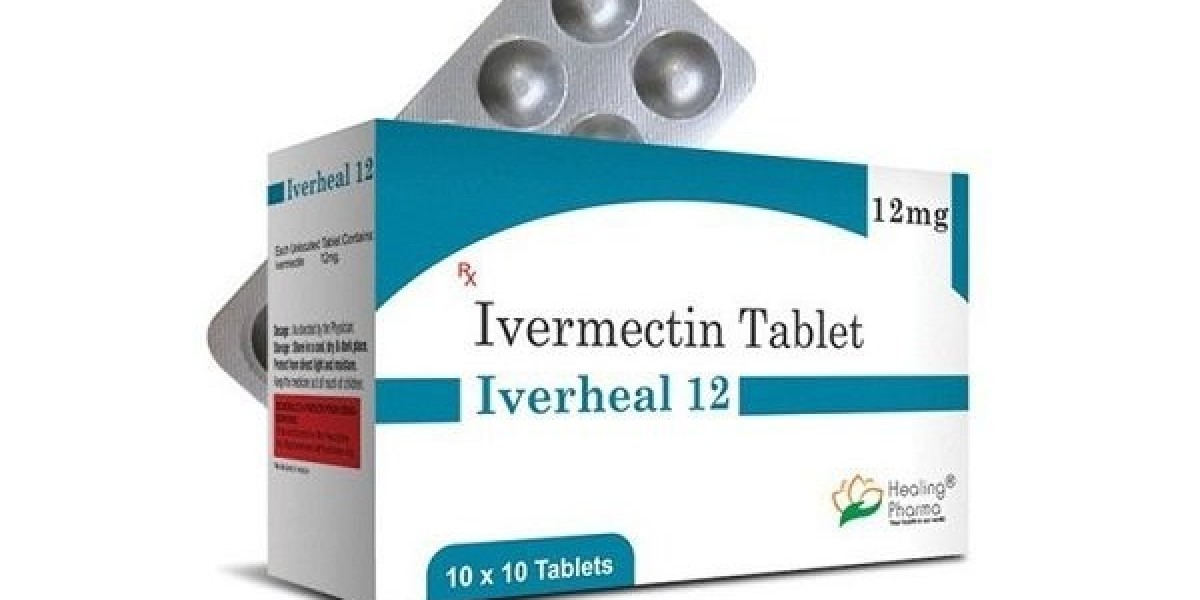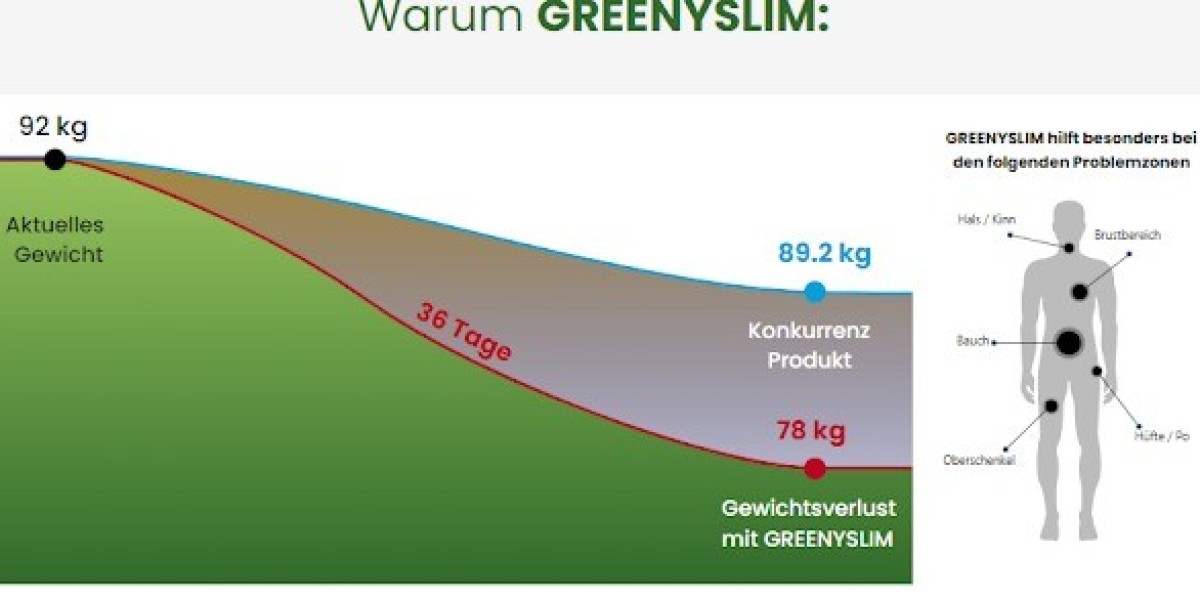Ivermectin for humans , a drug celebrated for its efficacy against parasitic infections, has found itself at the center of a heated debate in recent times. Amidst claims of its potential benefits in treating various diseases, including COVID-19, and concerns about its misuse and safety, separating myths from facts is crucial. In this article, we delve into the controversy surrounding ivermectin, debunking myths and examining evidence-based facts to provide clarity on its use and limitations.
Myth: Ivermectin is a Miracle Cure for COVID-19
One of the most pervasive myths surrounding ivermectin Cure is its alleged efficacy as a miracle cure for COVID-19. While early studies and anecdotal reports suggested potential benefits, robust clinical evidence supporting its use in COVID-19 treatment is limited and inconclusive. Health authorities such as the World Health Organization (WHO) and the U.S. Food and Drug Administration (FDA) have cautioned against the indiscriminate use of ivermectin for COVID-19 outside of clinical trials.
Fact: Limited Evidence for COVID-19 Efficacy
As of now, the scientific consensus is that there is insufficient high-quality evidence to support the routine use of ivermectin in COVID-19 treatment or prevention. Clinical trials evaluating its efficacy are ongoing, but definitive conclusions have not been reached. It's essential to rely on peer-reviewed research and expert guidance when considering ivermectin's role in COVID-19 management.
Myth: Ivermectin is Completely Safe with No Side Effects
Another misconception is that ivermectin is entirely safe with no risk of side effects. While ivermectin is generally well-tolerated when used appropriately for approved indications, like treating parasitic infections, it can cause side effects such as nausea, vomiting, diarrhea, dizziness, and skin rash in some individuals. Serious adverse reactions, though rare, can occur, particularly with high doses or in individuals with certain health conditions.
#Fact: Adverse Reactions and Drug Interactions
Like any medication, ivermectin carries potential risks, especially when used improperly or inappropriately dosed. It's essential to follow prescribed dosages, adhere to treatment guidelines, and consult healthcare professionals for guidance. Additionally, ivermectin can interact with other medications, leading to adverse effects or reduced efficacy. Informing healthcare providers about all medications and health conditions is crucial to avoid potential complications.
Myth: Ivermectin is a Substitute for Vaccines and Other Preventive Measures
A common misconception is that ivermectin can serve as a substitute for vaccines or other preventive measures against infectious diseases. This notion is unfounded, as ivermectin is not a vaccine and does not confer immunity against viruses or other pathogens. Vaccination, along with preventive measures such as mask-wearing, hand hygiene, and physical distancing, remains the cornerstone of disease prevention strategies.
Fact: Ivermectin's Role in Approved Indications
It's essential to recognize that ivermectin has well-established benefits in approved indications, primarily in treating parasitic infections in humans and animals. When used responsibly and under healthcare supervision, ivermectin can be highly effective in controlling parasitic diseases and improving health outcomes.
Myth: All Versions and Formulations of Ivermectin are Equally Effective
There is a misconception that all versions and formulations of ivermectin are equally effective. However, factors such as drug concentration, dosage form, and bioavailability can influence efficacy and safety. It's crucial to use approved formulations, follow dosage guidelines, and avoid self-medication or using veterinary formulations without medical supervision.
Fact: Evidence-Based Use and Responsible Practices
Navigating the controversy surrounding ivermectin requires an evidence-based approach and adherence to responsible practices. Consulting healthcare professionals, staying informed about current guidelines and research findings, and avoiding misinformation are essential steps in making informed decisions about ivermectin use.
In conclusion, while ivermectin's potential benefits are undeniable in approved indications, its role in other conditions, such as COVID-19, remains a subject of ongoing research and debate. Separating myths from facts, relying on credible sources, and prioritizing evidence-based practices are crucial in navigating the ivermectin controversy responsibly. As scientific knowledge evolves, continued vigilance and critical appraisal of emerging data will guide informed decision-making in healthcare.









